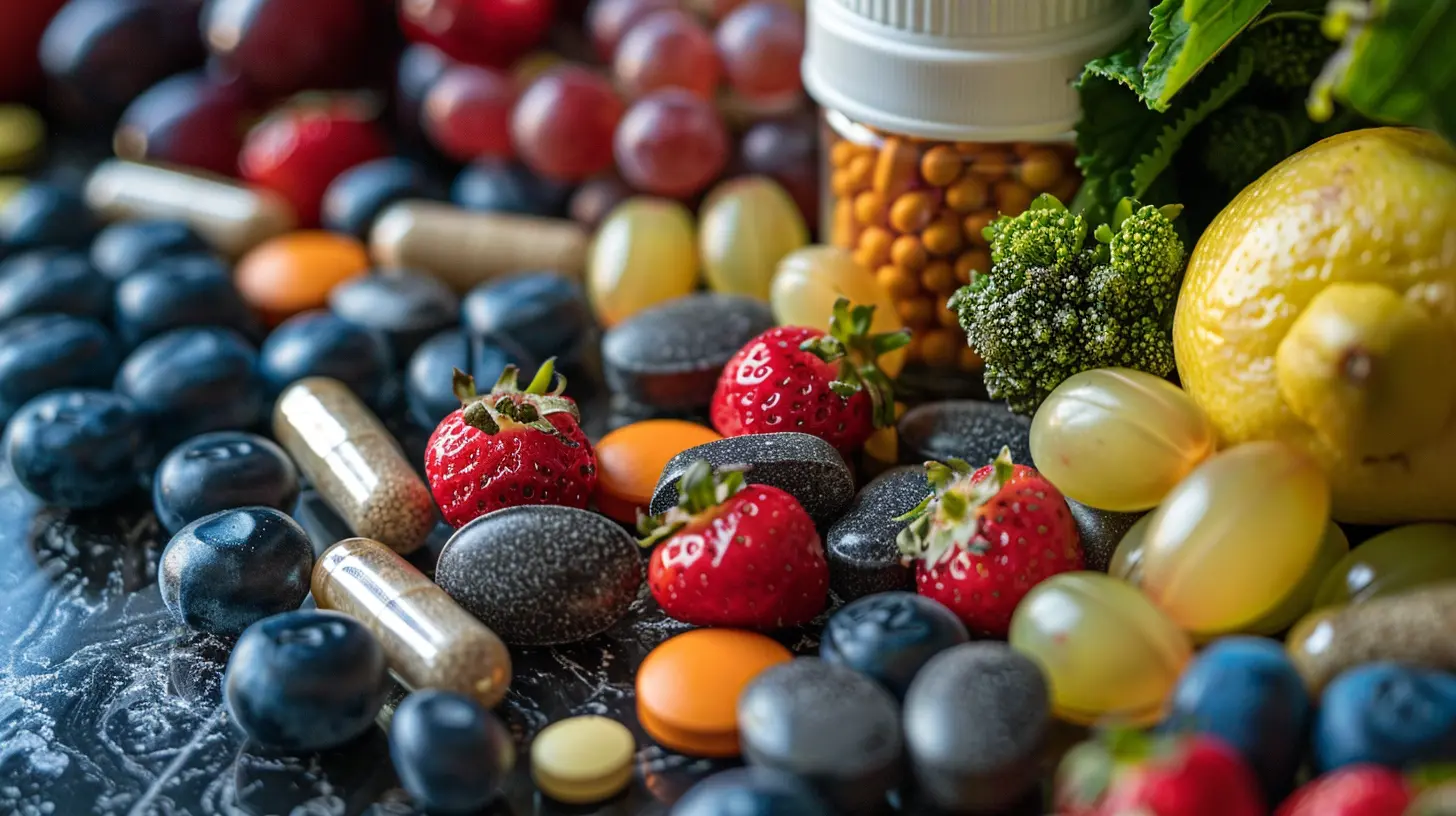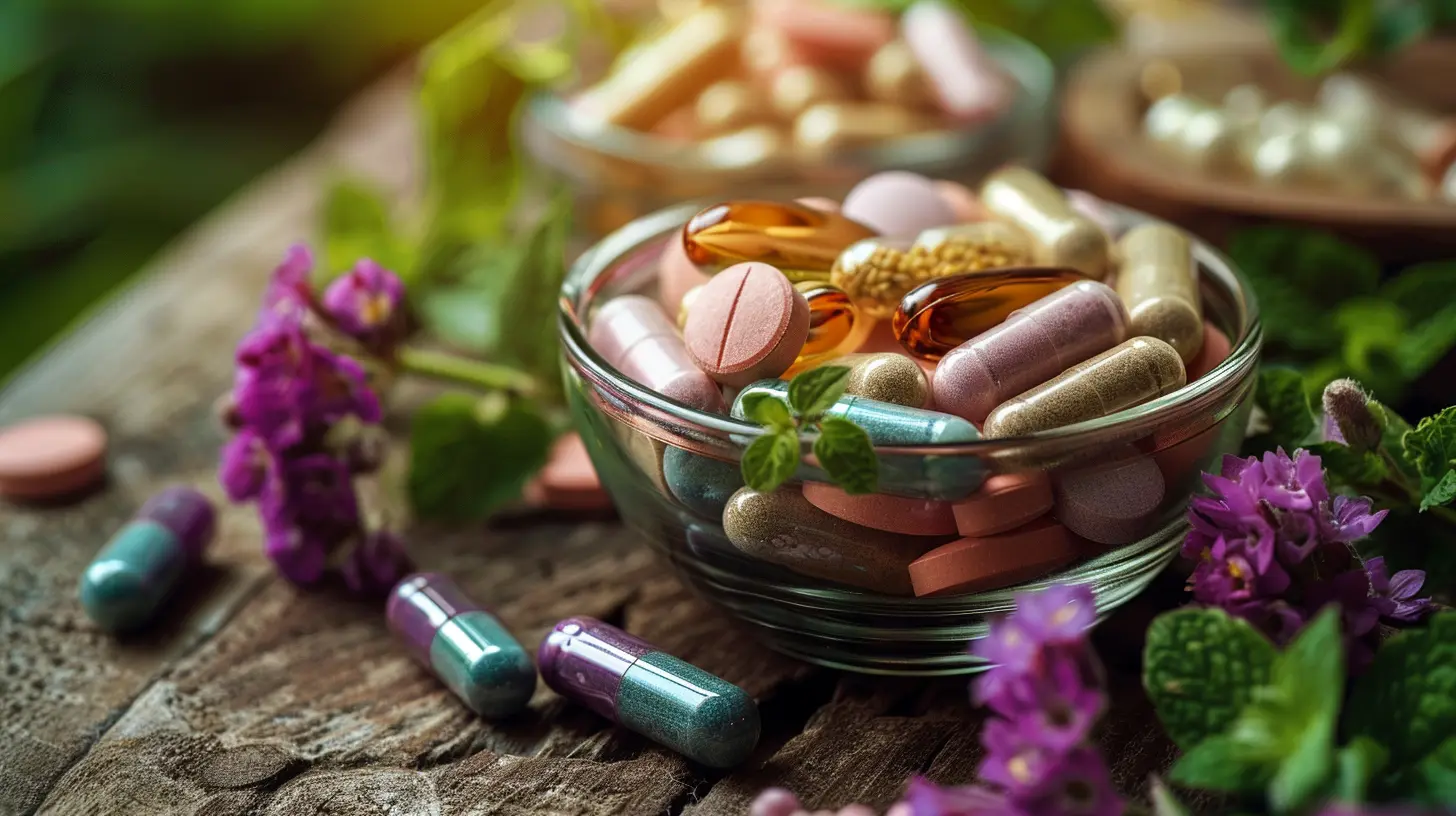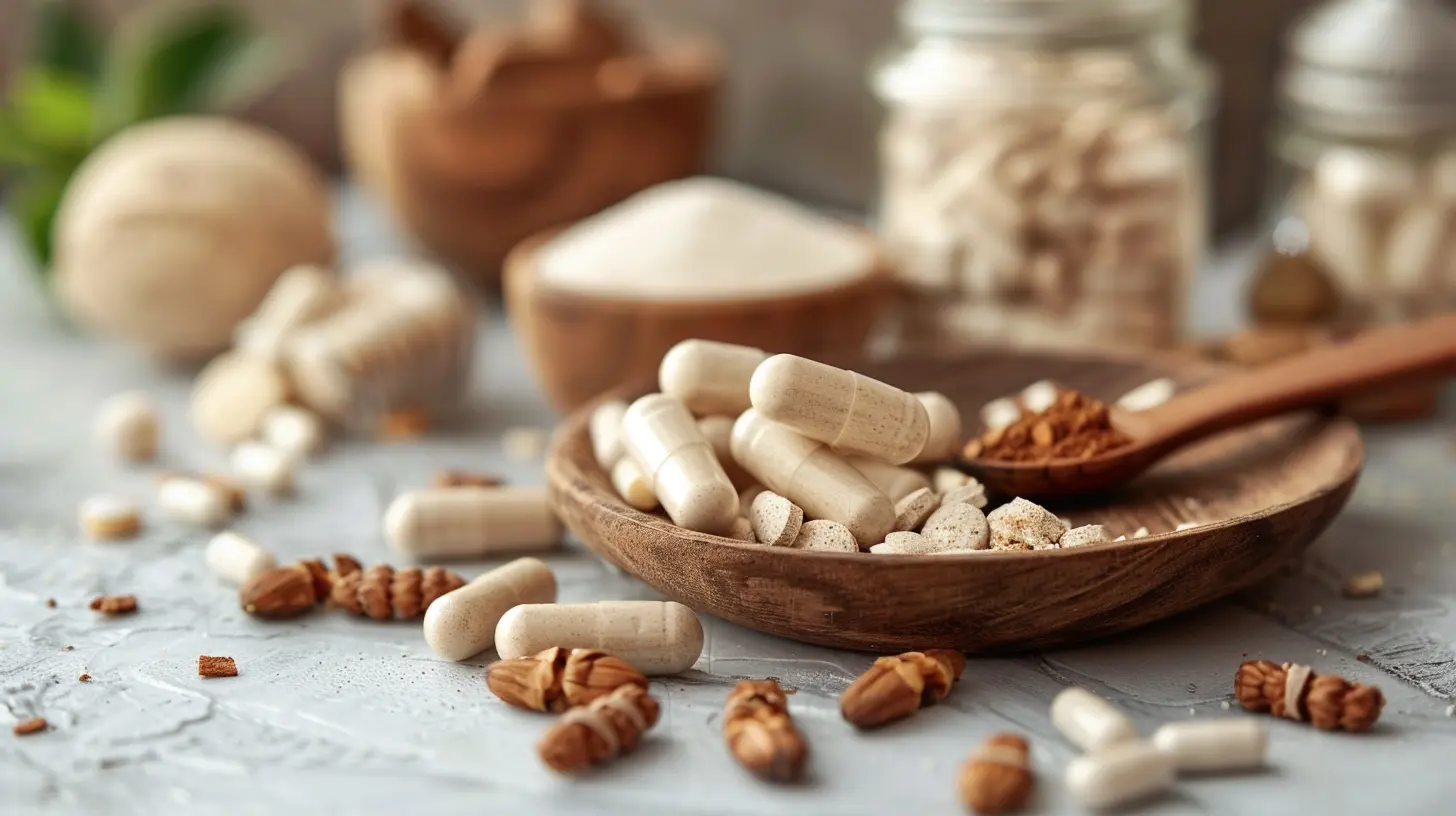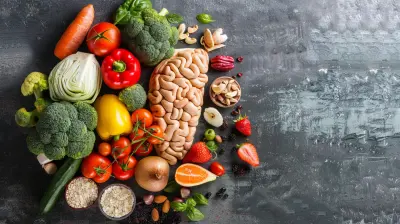Probiotics for Athletic Performance and Recovery
3 July 2025
Athletes are always looking for an edge—whether it's through training, nutrition, or recovery strategies. But have you ever considered how your gut health plays a role in your performance? Enter probiotics—the tiny, but mighty, microorganisms that can make a significant impact on your athletic journey. From improving digestion to boosting immunity and accelerating recovery, probiotics might just be the missing piece in your fitness puzzle.

What Are Probiotics?
Probiotics are live bacteria and yeasts that provide various health benefits, especially for the gut. While the word "bacteria" often has a negative connotation, not all bacteria are bad. In fact, your gut houses trillions of microbes that help regulate digestion, immunity, and even mood.The most common probiotic strains include:
- Lactobacillus – Found in yogurt and fermented foods, helps with digestion and immunity.
- Bifidobacterium – Supports gut health and reduces inflammation.
- Saccharomyces boulardii – A beneficial yeast that promotes gut balance and prevents diarrhea.

How Do Probiotics Benefit Athletes?
Athletes put their bodies through intense physical stress, which can take a toll on gut health. Probiotics offer several benefits that directly impact performance and recovery.1. Enhancing Gut Health for Better Nutrient Absorption
Your gut is responsible for breaking down food and absorbing essential nutrients. The healthier your gut, the better your body processes proteins, carbohydrates, and fats—all crucial for energy and muscle repair. Probiotics help maintain a balanced gut microbiome, ensuring optimal digestion and nutrient absorption.2. Boosting Immunity and Reducing Infections
Hard training sessions can weaken the immune system, leaving athletes more susceptible to colds and infections. Since most of the immune system resides in the gut, probiotics play a critical role in maintaining immune function. Regular probiotic intake has been linked to fewer respiratory infections and less downtime due to illness.3. Reducing Exercise-Induced Inflammation and Muscle Soreness
Intense workouts often lead to muscle damage and inflammation, causing soreness and longer recovery times. Probiotics help modulate the body's inflammatory response, reducing muscle soreness and helping athletes recover faster between sessions.4. Improving Gut-Brain Connection for Mental Focus
Athletic performance isn't just physical; it’s mental too. The gut and brain are connected through the gut-brain axis, meaning a healthy gut can positively influence mood, focus, and cognitive function. Probiotics can reduce stress, anxiety, and fatigue, keeping athletes mentally sharp and motivated.5. Supporting Healthy Digestion and Preventing GI Issues
Athletes often struggle with digestive problems like bloating, gas, or even diarrhea, especially during endurance events. Probiotics help maintain gut balance, preventing digestive discomfort that could interfere with training and competition.6. Enhancing Recovery After Workouts
Recovery is just as important as training. Probiotics help reduce oxidative stress and improve protein metabolism, leading to faster muscle repair. This means fewer aches, better endurance, and a shorter recovery time between workouts.
Best Probiotic Foods for Athletes
While probiotic supplements are available, incorporating natural probiotic-rich foods into your diet is an excellent way to boost gut health. Some of the best options include:- Yogurt – A great source of Lactobacillus and Bifidobacterium.
- Kefir – A fermented milk drink that contains multiple probiotic strains.
- Kimchi – A spicy Korean fermented vegetable dish rich in probiotics and antioxidants.
- Sauerkraut – Fermented cabbage loaded with beneficial bacteria.
- Kombucha – A fermented tea with natural probiotics.
- Miso – A traditional Japanese paste made from fermented soybeans.

Should Athletes Take Probiotic Supplements?
While food sources are great, probiotic supplements can help athletes achieve a consistent intake of beneficial bacteria. Look for supplements containing multiple strains, at least 5-10 billion CFUs (colony-forming units) per serving, and third-party testing for quality assurance.It’s also essential to pair probiotics with prebiotics—fiber-rich foods that feed beneficial bacteria. Bananas, garlic, onions, and asparagus are fantastic prebiotic sources that enhance probiotic effectiveness.
How to Incorporate Probiotics Into Your Daily Routine
Adding probiotics into your diet doesn't have to be complicated. Here are a few simple ways to get started:- Have a serving of yogurt or kefir with breakfast.
- Snack on fermented veggies like kimchi or sauerkraut.
- Drink kombucha instead of sugary beverages.
- Take a high-quality probiotic supplement if your diet lacks probiotic-rich foods.
Are There Any Side Effects?
Probiotics are generally safe, but some people may experience mild bloating, gas, or digestive discomfort when they first introduce them. To minimize side effects, start with a small dose and gradually increase over time. If you have a compromised immune system or a serious medical condition, consult a healthcare professional before taking probiotics.The Bottom Line
Probiotics are a game-changer for athletes looking to optimize performance, recovery, and overall health. From boosting digestion and immunity to reducing inflammation and improving mental focus, these beneficial bacteria provide numerous advantages. Whether through food or supplements, incorporating probiotics into your daily routine could give you that extra edge in your fitness journey. So, next time you gear up for a workout, don't just think about protein and hydration—think about your gut, too!all images in this post were generated using AI tools
Category:
ProbioticsAuthor:

Eileen Wood
Discussion
rate this article
1 comments
Gabrielle Rogers
Probiotics may enhance athletic performance and recovery by improving gut health, reducing inflammation, and supporting immune function essential for athletes.
July 19, 2025 at 2:42 AM

Eileen Wood
Thank you for your insightful comment! Indeed, probiotics can play a valuable role in enhancing gut health and supporting overall athletic performance and recovery.


